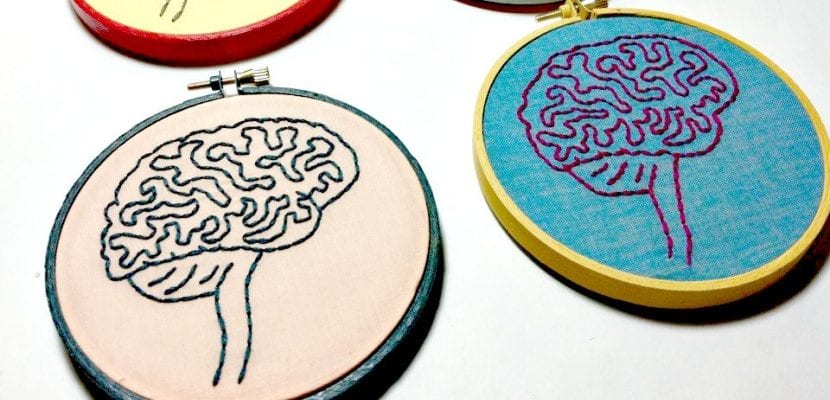
Many of us are familiar with the name of this harsh chronic disease, Parkinson's is known however, very few of us know the keys to this serious illness. There are treatments to take care of the quality of life of those who suffer from it, however, there is no cure.
The affected person can be submerged in a disease that for times can be better or worse. A sensation that can destabilize both the sufferer and their environment.
Parkinson's is a chronic neurodegenerative disease that directly affects the nervous system. The damaged part is the area that coordinates activity, movements, and muscle tone. This affected area is known as the substantia nigra.
This disease appears on the 40 and 70 years old y it affects men and women equally. Symptoms appear when a large number of dopaminergic neurons have been lost, that is, when dopamine, that neurotransmitter responsible for sending information and controlling muscle movement functions.
Recognizable symptoms of Parkinson's
Next we will tell you which are the symptoms that we detect the most of this chronic disease:
- Muscle stiffness. Many people are not able to perform flexion and extension movements, especially the wrists and ankles. These first symptoms usually start with pain or cramps.
- Tremors at rest. The members of the body most affected are the upper ones, these tremors disappear when another posture is adopted or an action is taken. This tremor affects 70% of those affected.
- Slow movements Greater skill and precision are required to finish movements.
- Posture is altered. The posture of the patient in the long run tends to bend the trunk, head and limbs, making it difficult to walk that they do by taking small steps.
This disease does not have any treatment that achieves eliminate symptoms, the treatments that are known today are those that help improve the quality of life of patients.
- Pharmacotherapy. The neurologist can prescribe certain medications to alleviate the annoying symptoms and muscle aches.
- Rehabilitation. Being a degenerative disease, in the long run it affects the body a lot, therefore, it is important that the patient has an active life and that he remains strong to control his movements by himself.
- Psychological Support. It is important that a doctor is within the patient's recovery procedure, it can be a slow disease that can reduce the attitude and happiness of the patient.
Each patient can suffer from a different type of Parkinson's, not all of them suffer the symptoms with the same intensity. Today there is no cure, but as in any disease, we will always have the medical support that will help us to maintain ourselves better and thanks to the affection of the relatives who seek the well-being of the sick.